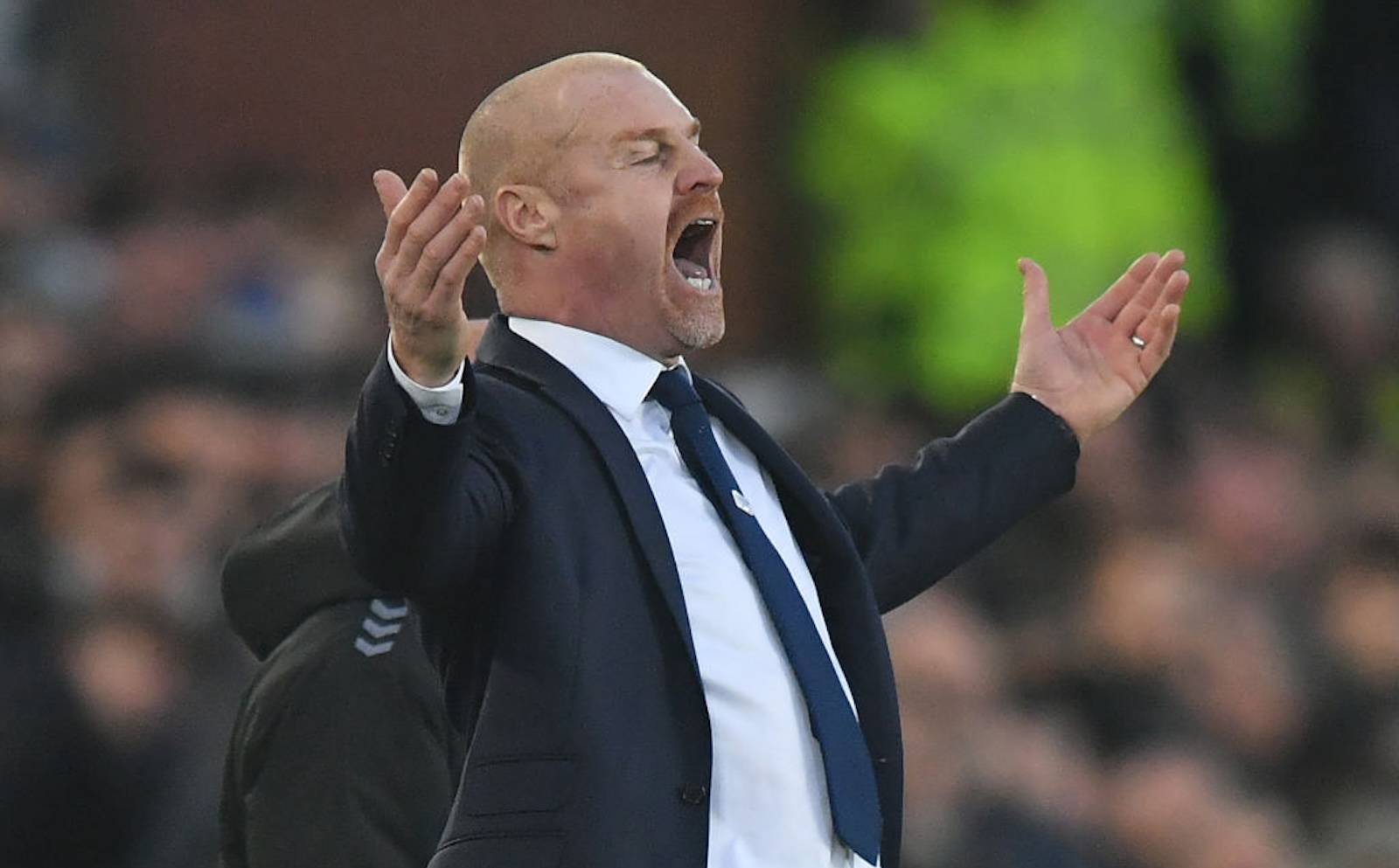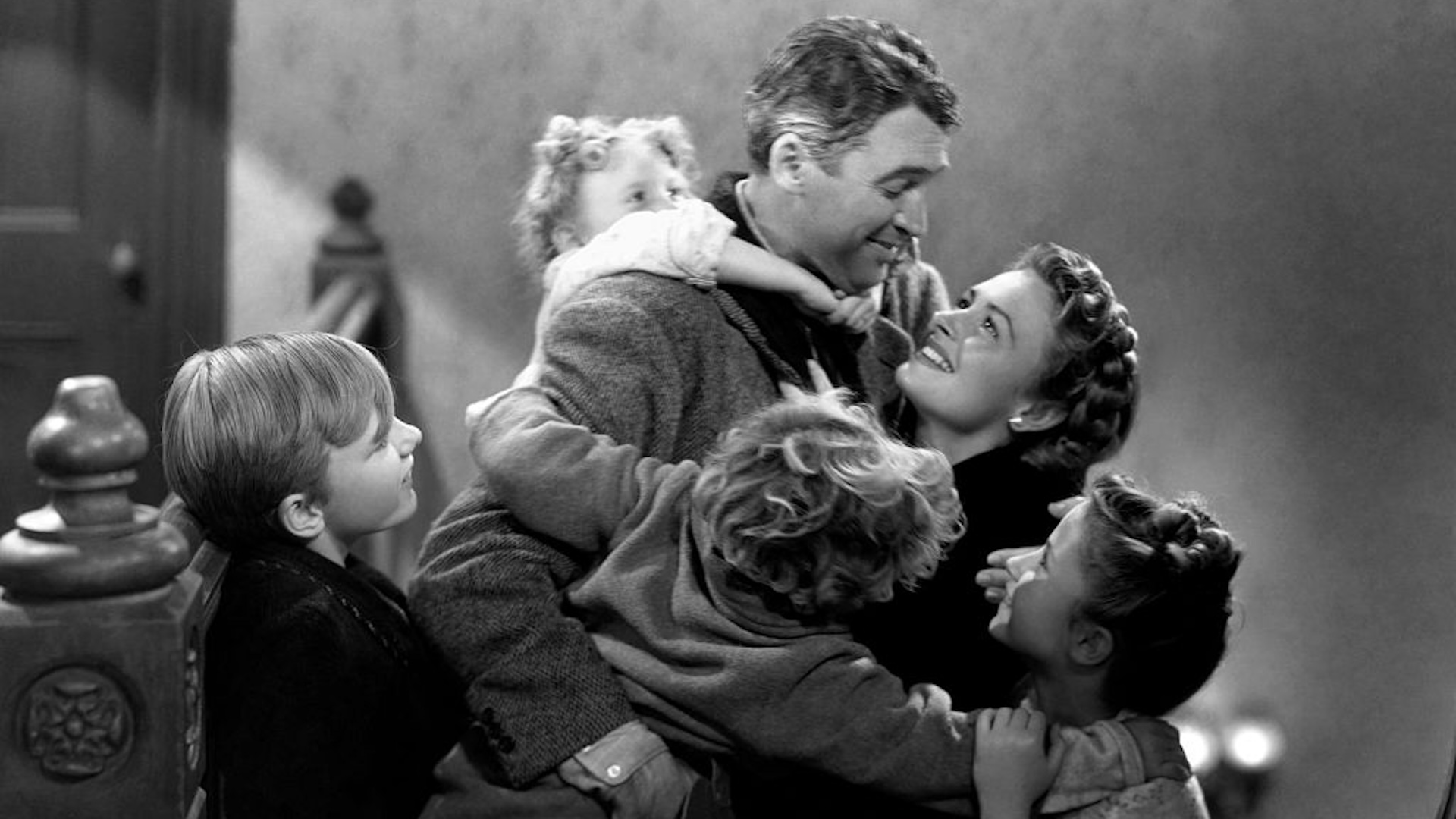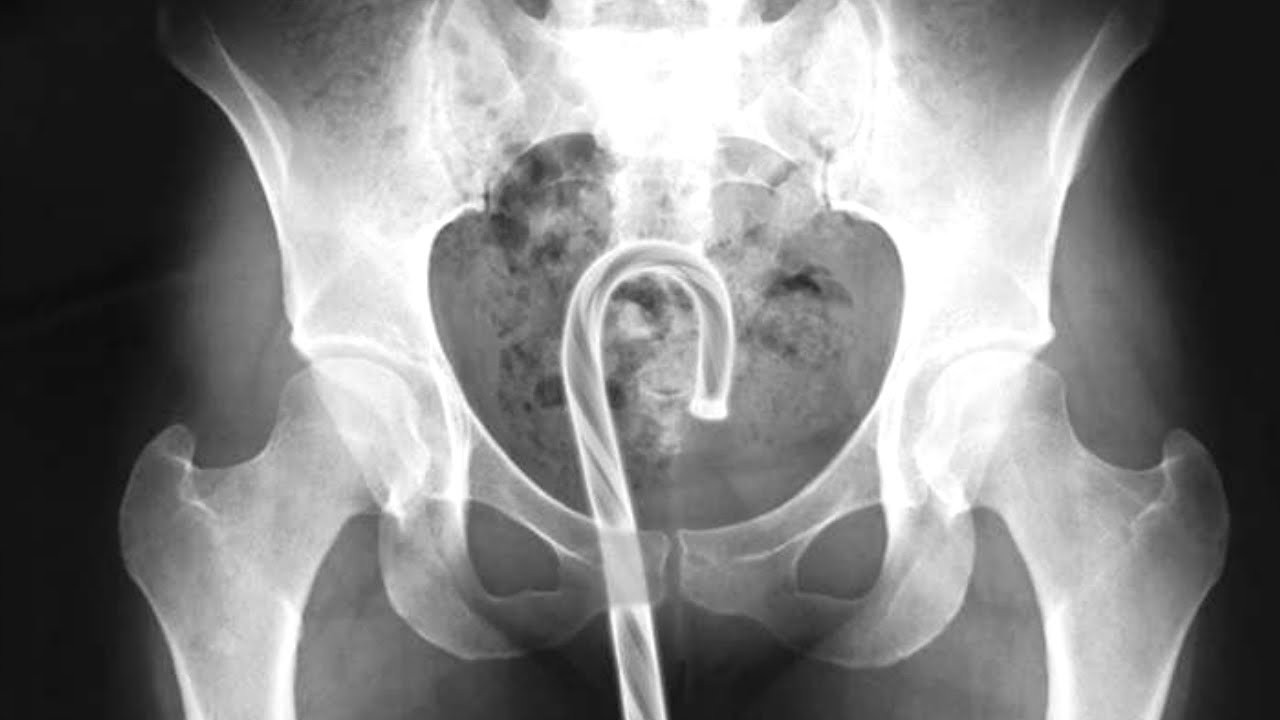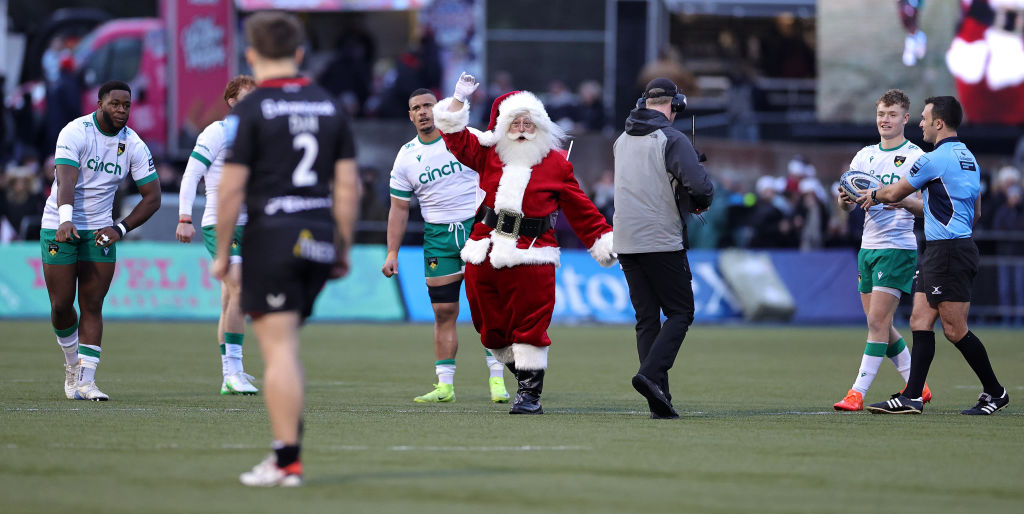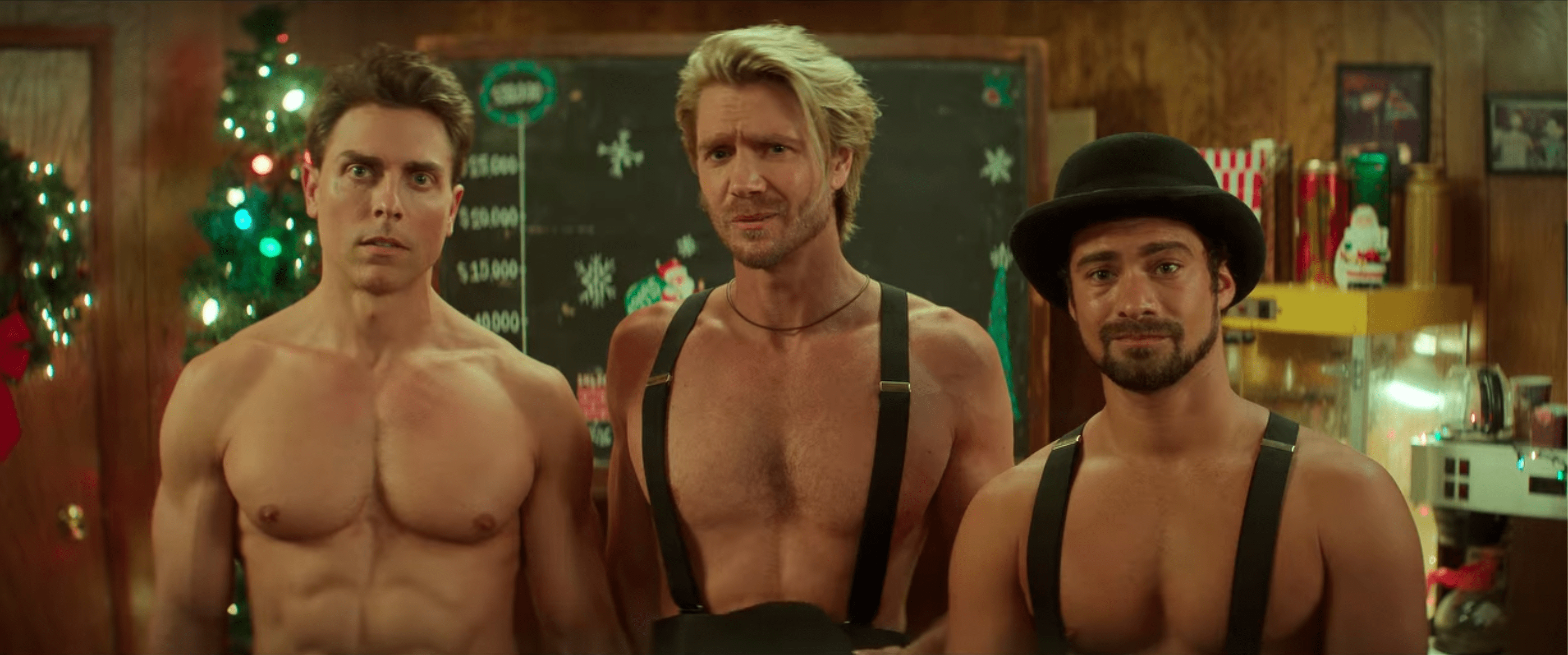Perhaps no Premier League manager has been a victim of his own success more than Sean Dyche. When he took over at Burnley in 2013, the small-time club was on its way to becoming a perennial mid-table side in the Championship. Dyche turned things around immediately, leading the Clarets to a 93-point season and automatic promotion to the Premier League. They were relegated the following season, and then brought back up under Dyche after another 93-point campaign. And then they stayed put for a while. Equipped with an annual transfer budget of roughly zero dollars and players nobody would mistake for stars, Dyche kept Burnley in the top flight for five consecutive seasons, highlighted by a seventh-place finish in 2017-18.
The problem with keeping a team like Burnley in the Premier League for that long is that there's no way to look pretty while doing it. During those years in Lancashire, Dyche had his team playing a style that apologists might call pragmatic and that detractors might call cynical. Dyche's Burnley teams became known for spending 90 minutes every week sitting in a low defensive block, soaking up ceaseless pressure from opponents, and trying to nip as many goals and points as possible from set pieces and counter attacks. Dyche's reputation as a Tony Pulis–style bus-parker may not have always been accurate, but it didn't come from nowhere. It didn't help that his most memorable victory at Burnley was a 1-0 away win at Liverpool in which Dyche's tactics were so conservative that Jürgen Klopp lost his cool and screamed at Dyche in the tunnel at halftime. Liverpool shot the ball 26 times and completed 686 passes in that game, and lost after Ashley Barnes converted a penalty in the 83rd minute. It also didn't help that Dyche looks and talks like, well, you know ... that. A gruff English manager with gravel in his vocal cords and a policy of not letting his players wear hats and gloves during cold-weather training sessions is all but fated to become synonymous with dour but effective soccer.
Dyche's reputation is almost certainly why Everton turned to him to save the club from relegation in the middle of last season—at some point every bad team learns to appreciate the value of a guy who knows how to organize a defense and scratch out some draws—but things have taken a surprising turn in Dyche's second season in charge. After cycling through a series of allegedly dynamic managers who failed to get Everton playing anything close to winning or even attractive soccer, the club has suddenly found itself not only racking up wins, but scoring some pretty goals while they're at it.
After beating Burnley 2-0 on Saturday, Everton has won four games in a row. If not for the league levying a 10-point deduction against the club for breaking profit and sustainability rules, the Toffees would be 10th in the table, ahead of both Brighton and Chelsea. That's a remarkable turnaround for a team that barely escaped relegation the previous two seasons and hasn't had a dime to spend in the last few transfer windows due to the board's ongoing mismanagement of the club. There's nothing fugazi about this run of success, either; all the underlying statistics indicate that Everton's 8-2-7 record is no fluke, and its numbers have improved dramatically over last year's. This graphic, published recently by The Athletic, does a nice job of showing just how far Everton have come:
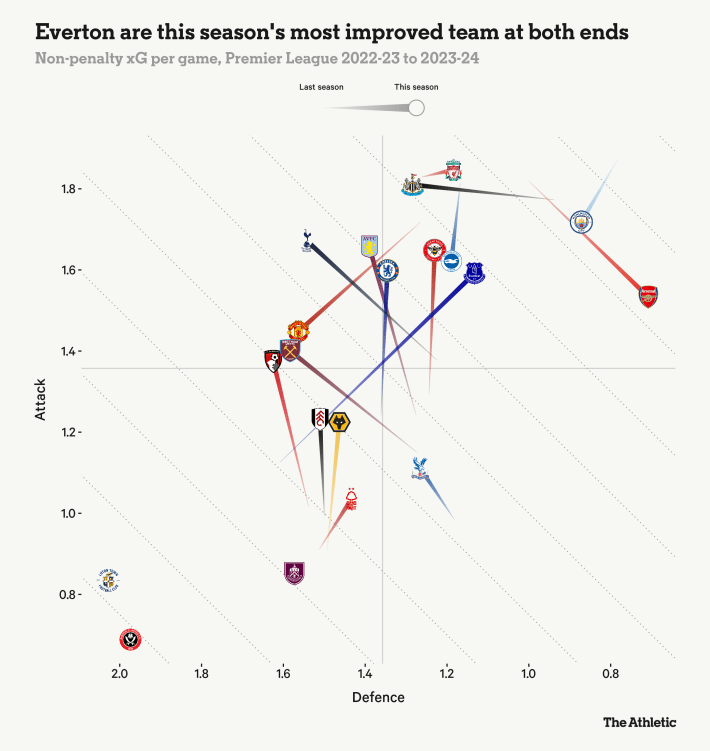
So how the hell is Sean Dyche, Mr. 4-4-2 himself, getting this kind of attacking output from a team that put up relegation-worthy goal tallies in each of the previous two seasons? The answer isn't that he's suddenly embraced tiki-taka or gone to the school of relationism, but that managers, just like players, are products of their environment. You look at Everton's current roster, and even with the dire financial state the club is in, you see a collection of players who are for the most part much more talented than any Dyche had the opportunity to coach while he was at Burnley. At both of his Premier League jobs Dyche has shown an invaluable skill for playing to the talent he has. At Burnley, where Johann Gudmundsson and Jeff Hendrick were his most creative attackers, that meant a lot of games that made observers want to pull their hair out. But at Everton, where Dyche can start powerhouses like Abdoulaye Doucouré, James Garner, and Amadou Onana (a 22-year-old Belgian international who is a lock for a move to one of the game's giants in the near future) behind a healthy Dominic Calvert-Lewin, it means a lot of running and pressing and fast, direct attacks designed to load the penalty box with as many players and passes as possible. It also means none of the fruitless, possession-based soccer that previous managers like Marco Silva and Frank Lampard tried to bring to a team that didn't have the profile of players to play that way.
To watch Dyche's Everton is to be thrilled by the simplicity and ferociousness with which the team plays. They can seamlessly alternate between frenetic high pressing and low-block defending; when the ball is won in the midfield, passes are made quickly and purposefully, either to players between the lines or out wide to someone ready to fire in a cross. Even when the team thumps long balls, they are sent upfield with purpose, always seeking the rising head of Calvert-Lewin, who specializes in knocking them down for Doucouré to run onto. And sometimes, when everything's going right and all that pressing and direct play has worn down an opponent, Dyche's Toffees can play a little soccer, as they did in finishing off Newcastle with a 29-pass scoring move.
Olé x29 pic.twitter.com/jZ7cBZiHHR
— Everton (@Everton) December 8, 2023
In a recent interview Dyche talked about his reputation for conservatism and cynicism. He brought up a conversation he had with Dele, who is still working to reintegrate himself into Everton's first team, and revealed that even his own players initially had trouble seeing past his reputation "[Dele] said, 'I think you need to define with these players, when you talk about direct play, I think they think you mean kicking it forwards, but I know you don't,'" Dyche said. "Because he'd worked under Pochettino, who was similar. Pochettino used to talk about direct, passing football. Get turned, play forwards. Get turned, play forwards. And Dele had got it."
It may seem like a stretch for a manager with Dyche's resume to compare himself to Mauricio Pochettino, who has coached some of the biggest stars at some of the biggest clubs in the world, but he's not necessarily wrong to do so. A big part of what made Pochettino so successful at Tottenham, which earned him the right to go on to take jobs at PSG and Chelsea, was his ability to understand who his players were and create a system of playing that suited them best. That's what Dyche is doing at Everton, and the team is succeeding because it finally has a manager who knows not to ask too much or too little of his players. Forget the bald head and the goatee and the voice; watch Everton play these days and you might end up convinced that you are watching the kind of well-drilled outfit whose manager is destined to fill the next opening at a top-six club. Hell, maybe he'd already be there if his name was Sergio Dychettino.
